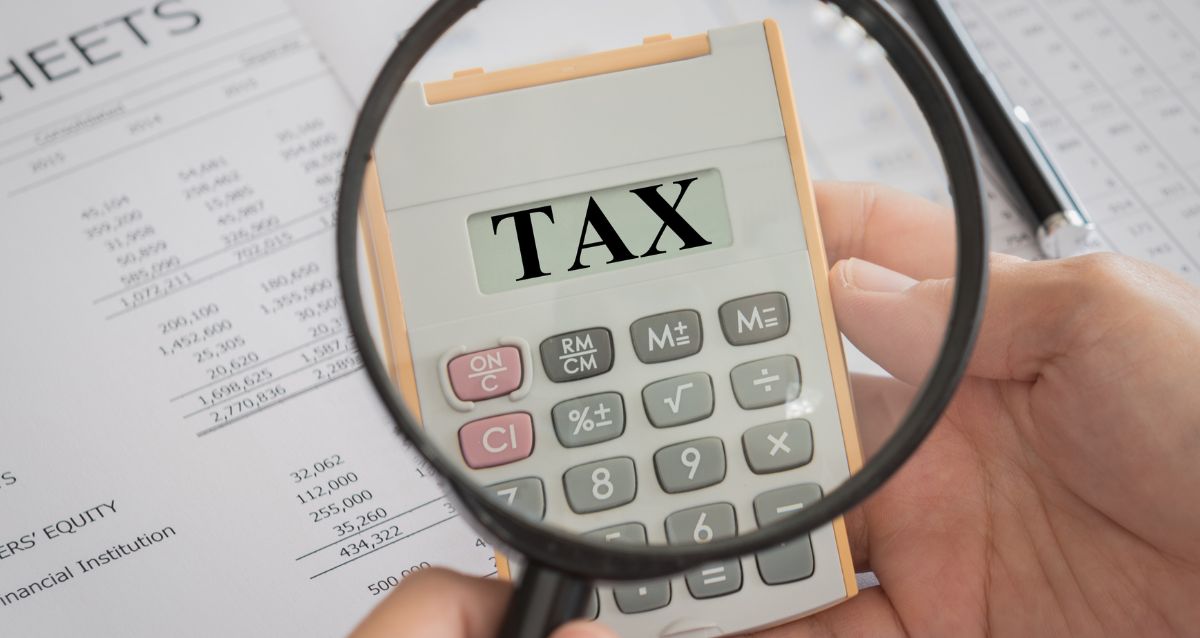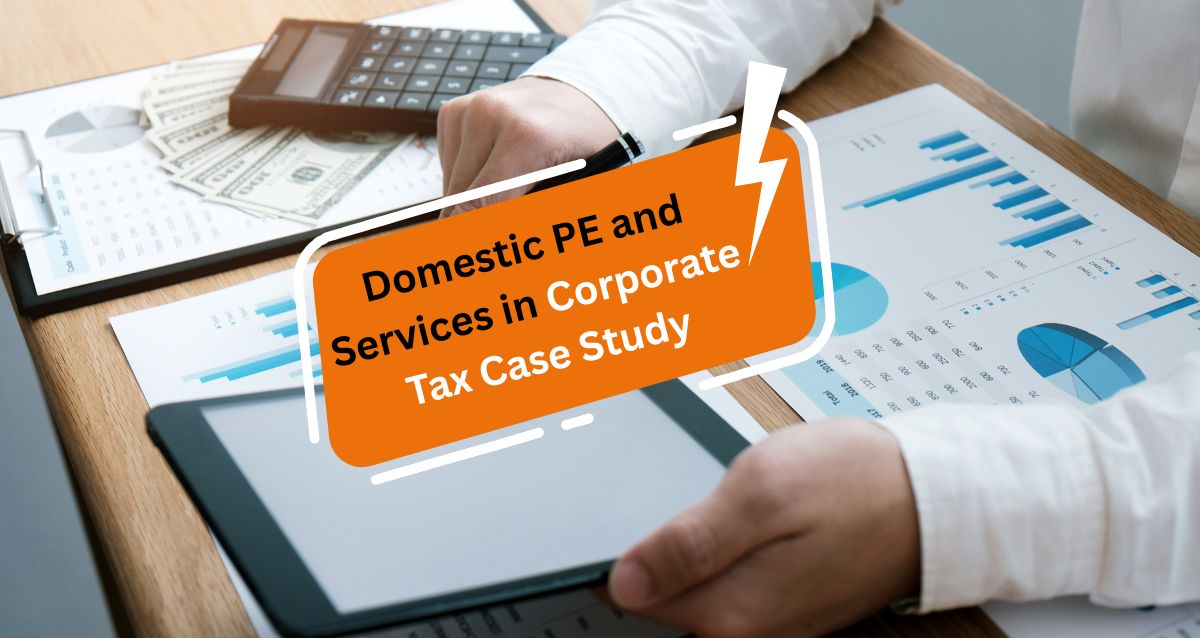Domestic PE and Services in Corporate Tax Case Study
Before starting the article, please note that the company name used in this example is fictional and is provided for illustrative purposes only. Under UAE Corporate Tax Law, a Free Zone company may retain the status of Qualifying Free Zone Person even while generating the income from the mainland customers, provided that the free zone company structure its business with a properly registered branch in the mainland to generate the local income. UAE Branch of a Free Zone company is considered as Domestic Permanent Establishment (PE) in the Corporate Tax Law. The income from such domestic PE may help the free zone company to satisfy the de minimis test. In this case study, let us discuss how a Dubai-based tech company structured its business to retain the Qualifying Free Zone Person status.
Background of the Company
Company Name: GlobalTech Solutions FZCO
Free Zone: Dubai Silicon Oasis (DSO)
Business Activity: Software development and IT consulting
Annual Revenue (FY 2024): AED 20 million
Employees: 35 (developers, consultants, operations team)
Mainland Operations: Registered PE with 8 employees handling UAE onshore projects
GlobalTech was established in 2018 and is operational. They provide SaaS solutions and IT infrastructure design services to customers. 75% of the customers are located in various free zones in the UAE, whereas 25% customers are located in the mainland which includes government and private sector clients.
Objective
The company wanted to:
- Determine the corporate tax status of the company by retaining QFZP status despite having their mainland operations and income generated from local customers.
- How the income from the Mainland branch is considered as Domestic PE in UAE Corporate Tax Law.
- Ensure accurate compliance requirements and reporting requirements while submitting the Corporate Tax return.
- Benefit from 0% Corporate Tax for the major income source from other free zone customers.
Legal Framework and Clarifications
According to FTA's Corporate Tax Guide for Free Zone Persons (CTGFZP1), a Free Zone entity may:
- Have operations in the mainland using a branch or PE.
- Continue enjoying the benefits of 0% Corporate Tax for the income generated by the Free Zone Company from other Free Zone customers.
- Pay 9% Corporate Tax on the net income generated from the mainland branch
Article 18 of the Corporate Tax Law and Cabinet Decision No.100 of 2023 allow this structure provided that:
- PE is registered in the mainland
- PE maintains separate books of accounts for their operations.
- Transactions between Domestic PE and Free Zone Company are conducted at Arm's Length.
Revenue Breakdown and Structure
In the tax year ended 31 December 2024, GlobalTech earned:
- AED 15 million from Free Zone clients.
- AED 5 million from mainland government and enterprise clients through its registered PE
The company:
- Well-maintained separate books of accounts and established accounting systems to segregate the revenue and associated expenses of the Domestic PE and Free Zone Company.
- Shared costs are allocated proportionally based on the revenue generated and certain cases based on the resources used.
- Maintained the transfer pricing compliances for inter-company billings (e.g., IT licenses developed by FZCO but delivered via PE)
The mainland operations were clearly ring-fenced from the Free Zone Company and deployed all the resources required for mainland operations by way of independent staff, contracts, and financial records.
Result
This structure allowed the company to expand its customer base without losing tax benefits under the Free Zone regime.
- Retained QFZP status and eligible for 0% Corporate Tax on AED 15 Million revenue generated from Free Zone customers.
- Paid 9% Corporate Tax only on the taxable income generated through Domestic PE. Key note that there is no AED 375,000 threshold applicable for the taxable income generated from Domestic and straight 9% Corporate Tax applicable on the revenue earned through domestic PE after deducting the associated eligible expenses.
- De Minims Threshold condition is satisfied as the income from Domestic PE is considered for De Minims Calculation
Key Lessons
1. If you are a free zone business looking for 0% Corporate Tax, whereas you have income from the mainland, structure the business in a way of establishes a formalised Domestic PE for local operations.
2. Maintain separate financials and compliance for the domestic PE.
3. Comply with the Transfer Pricing regulations and document the inter-company transactions.
4. If treated correctly, the De Minims test does not apply to the revenue from Domestic PE.

Strategic Tips for Free Zone Entities
- If expanding into the mainland, use a Domestic PE model with proper registration. Are you planning to expand your operations to mainland customers? Review your corporate tax position, and if required, set up a Domestic PE model to retain the status of Qualifying Free Zone Person.
Qualifying Free Zone Person.
- Make sure that independent books of accounts are maintained.
- Document all related party transactions and comply with transfer pricing rules
- Seek professional advice before executing dual-zone operations. Engage an FTA-approved tax Agency like Flying Colour Tax Consultant to seek advice before executing dual-zone operations.
How Flying Colour Can Help
We support Free Zone businesses with:
- Structuring Domestic PEs and dual-zone operations
- Transfer pricing and cost allocation models
- Corporate Tax filings for both Free Zone and PE entities
- Ongoing compliance with QFZP and Article 18 conditions
To learn more about Corporate Tax Case Study: Mixed Use - Qualifying Services with a Domestic PE, book a free consultation with one of the Flyingcolour team advisors.
Disclaimer: The information provided in this blog is based on our understanding of current tax laws and regulations. It is intended for general informational purposes only and does not constitute professional tax advice, consultation, or representation. The author and publisher are not responsible for any errors or omissions, or for any actions taken based on the information contained in this blog.



